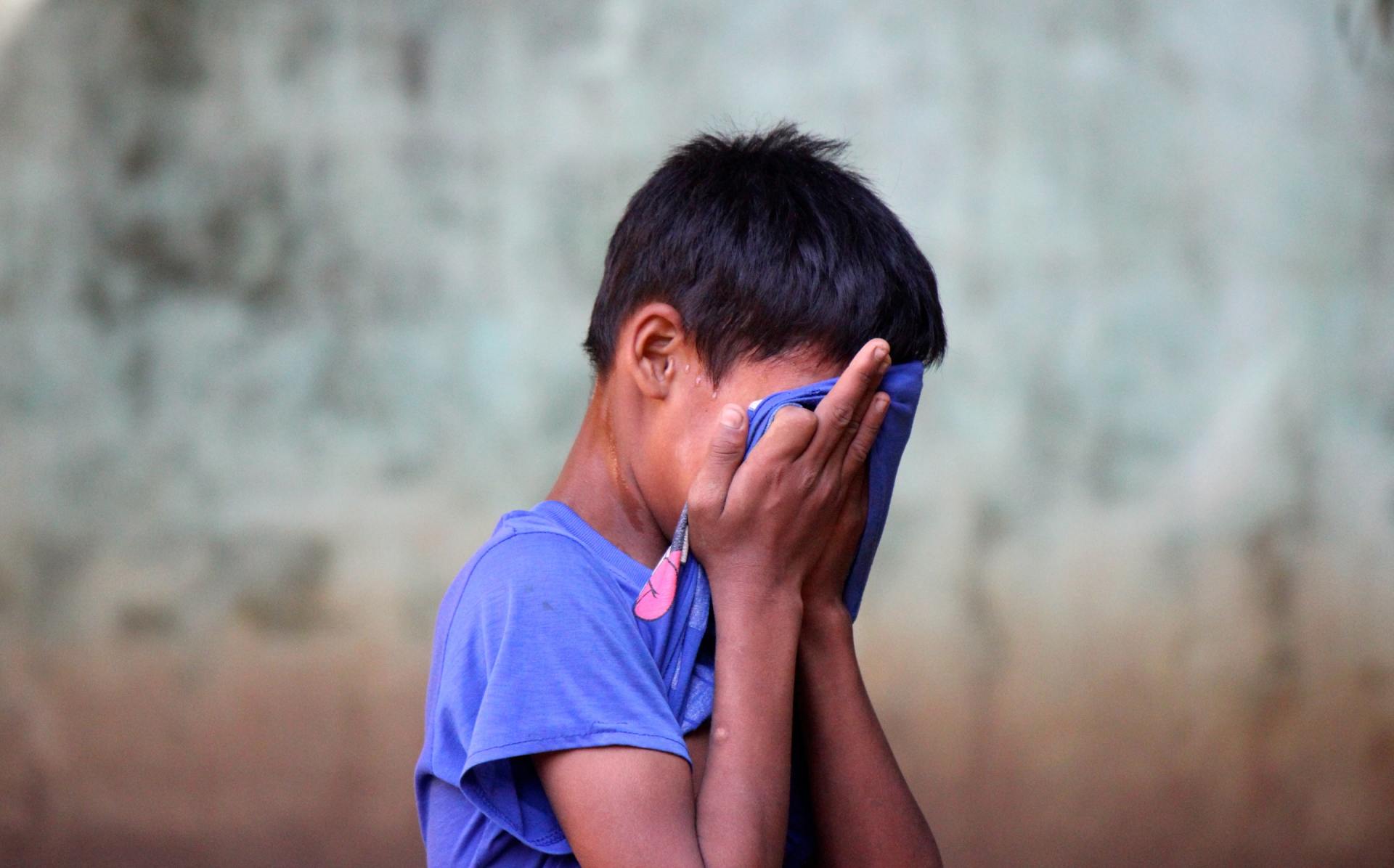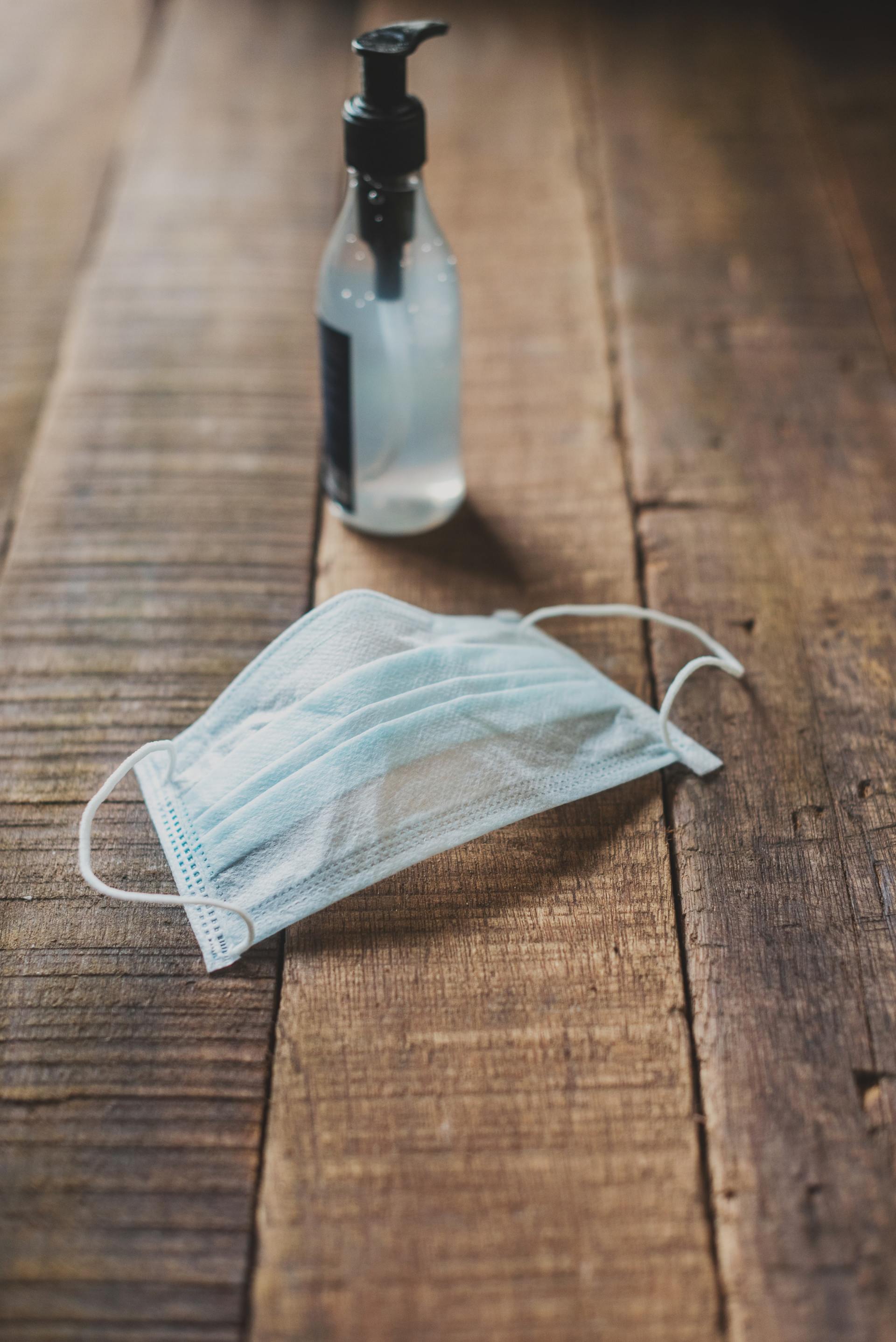Developing happiness and resilience in children
"If you have good thoughts they will shine out of your face like sunbeams and you will always look lovely"
Roald Dahl

It’s every parent’s or guardian’s wish that our children are healthy and happy, that they enjoy their childhood and that we help them to create lasting memories for the rest of their lives.
But life can sometimes be tough, so in today’s busy and changing world how can we instill happiness in our children and help them be more resilient to the challenges they might face? Giving our children sanity and strength is one key - and introducing the concept of mindfulness can be one way to do this. In fact, in 2015, Willem Kuyken, a professor of clinical psychology at Oxford University, was quoted as saying ‘the spread of mindfulness among children could do for Britain’s mental health what fluoride did for its teeth’.
Many young children already live ‘in the moment’ naturally, but they can often benefit from being shown how to be aware of their feelings and emotions and how to regulate their reactions to them. So, how can we introduce some simple mindfulness? Here we provide advice from a range of experts who are appearing in the Mindful Minis feature at The Mindful Living Show on 15-16 March.
1. Basic self-care and quiet time together…
Every family member will encounter stressful situations and we can help our children develop strategies to navigate these and nourish their personal resilience through basic self-care and mindfulness practices. Remembering to have enough sleep, a healthy diet and some quiet time together as well as building in daily activities such as a mindful minute, a gratitude jar and a creative project such as colouring, jigsaws or baking.
- Christiane Kerr, Calm For Kids
2. Give children the 3 A’s…
Children need three things every day - Attention, Affection and Affirmation. Ensuring your child gets a dose of the three A’s each day, as well as daily relaxation, will set them up for a happier more resilient life.
- Sarah Adams, Relax Kids Ltd
3. Encourage them to try new things…
We are all students and all teachers. We can build resilience in children and young people by empowering them to lead their own learning, encouraging and giving them permission to try new things and to experiment. We can create opportunities for them to master the skills and activities that align to their strengths and interests.
- Kate Andrews Founder, Sketch Better & Positive Psychology Life Coach
4. Let them express themselves…
Children instinctively know how to be happy and will be, on the whole, given the time and space to explore and express themselves in their own way without dictation from adults. Certainly we can lightheartedly join them in play and creativity if they want us to, and guide them with appropriate boundaries when they need us to, but this should always be in response to who they are in each moment, not who we think they should be.
- Sarah Salmon, Brilliant Beings
5. Encourage experimentation…
The visual arts are great for encouraging mistake making and experiments. They intentionally encourage you to see things differently and to be comfortable with both mistakes and intentional mess :) Children love the process of making and creating, so encourage them to do just that, and when they make mistakes (or mess), don't take over or fix it - calmly demonstrate how to do something and get them to join in with you.
- Kate Andrews Founder, Sketch Better & Positive Psychology Life Coach
Sarah Salmon founder of Brilliant Beings (mindful movement and relaxation) summarises nicely - it’s pretty simple, really. How to build happiness? “…Have fun and play, be kind, give hugs and hold hands…Children feel the benefit of our attention, particularly when it is playful, light-hearted and warm; not rocket science, but definitely something we need to remember in a hectic world where attainment and doing may be out of balance with being and enjoying.’”
Adele Balzan for The Mindful Living Show - 1st March 2019







